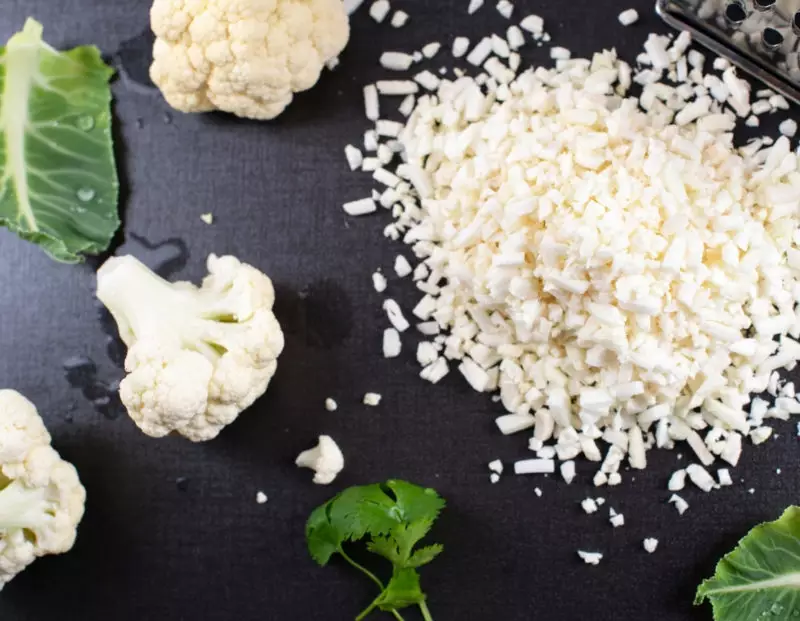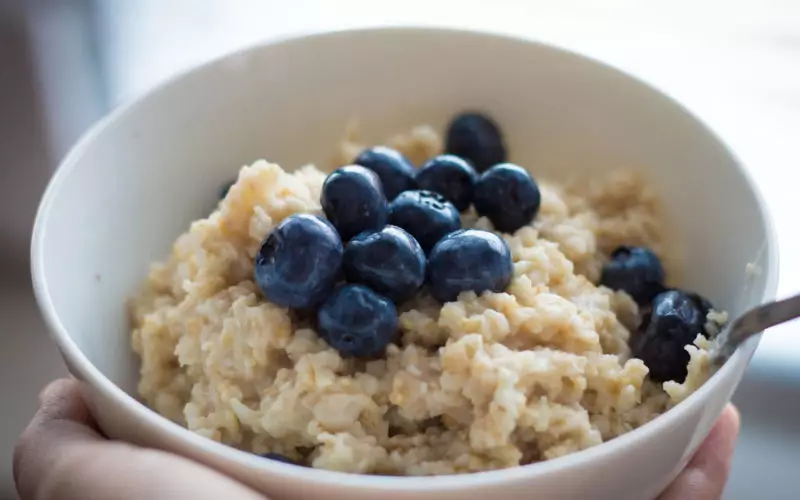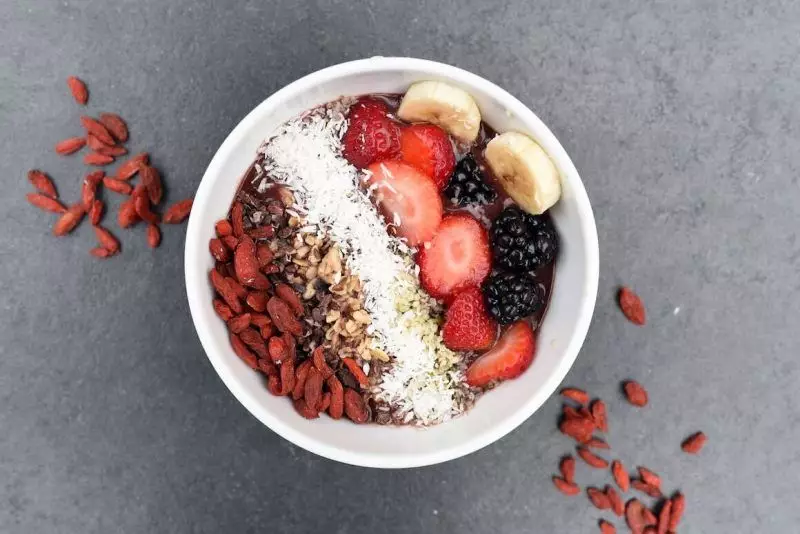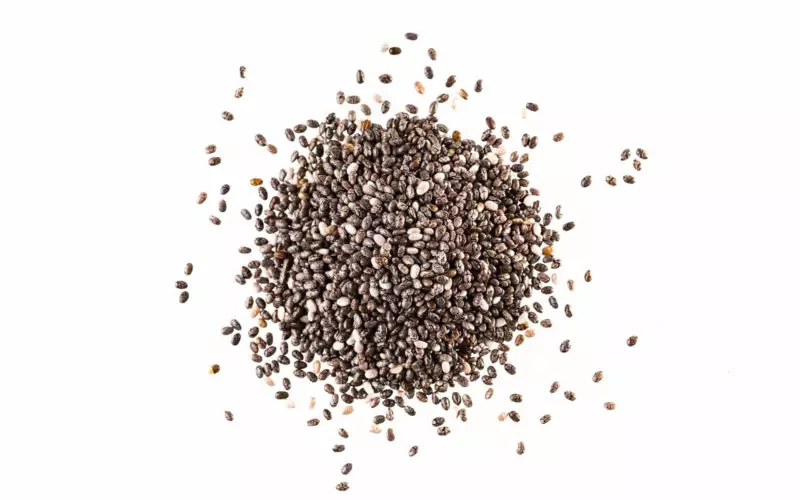
Nowadays, cauliflower is suitable for stir fry, pickling, baking and can also be turned into a low-carb pizza crust, crackers, bread, “rice,” and many other options. This makes it a popular option for individuals following a low-carb diet. But not only! Cauliflower can be included in every type of diet, as it is nutritious and delicious veggie.
This article will guide you through the health benefits of cauliflower and will show you why this vegetable can be part of a healthy and nutritious diet.
Let’s dive in.
Why is cauliflower healthy?
According to the website NutritionData, 1 cup (100 grams) of raw cauliflower is rich in the following micronutrients [1] :
- Vitamin C (77% of DV)
- Vitamin K (20% of DV)
- Vitamin B6 (11% of DV)
- Folate (14% of DV)
- Pantothenic Acid (7% of DV)
- Potassium (9% of DV)
- Manganese (8% of DV)

Health benefits of eating cauliflower
According to a 2012 review paper, regular consumption of cruciferous vegetables, including cauliflower, as part of a balanced diet may play a role in the prevention of metabolic disorders, asthma, Alzheimer’s disease, cancer, heart disease, and pathogen-related inflammation. [2]
That being said, specific studies look directly into the health benefits related to cauliflower consumption:
Antioxidant effect
Being abundant in flavonoids and polyphenols, cauliflower is a veggie with potent antioxidant properties.
A 2013 study found that raw cauliflower contains considerable amounts of the following phenolic compounds [3]:
- Protocatechuic acid
- Quercetin
- Pyrogallol
- Vanillic acid
- Coumaric acid
- Kaempferol
The oxidative stress in cell damage caused by free radicals like pollution, malnutrition, dehydration, smoking, and radiation.

Weight management
According to Harvard Health Publishing, 1 cup of chopped cauliflower contains only 25 calories and 5 grams of carbs. [5] This way, the veggie is suitable for individuals sticking to calorie deficit or/and low-carb diets.
Cauliflower rice (finely chopped cauliflower) is a popular low-carb, low-calorie substitute for white or brown rice: rice containing about 150 calories and 34 grams of carbs per cup of product.
Keep in mind that healthy weight loss and management are generally based on sticking to a balanced and diverse diet, including all macronutrients (proteins, carbs, and fats) and a variety of vitamins, minerals, fiber, and other healthy dietary compounds.
Benefit from integrated and personalized approach to nutrition, health, fitness and healing. Check out the schedule for booking online yoga and barre classes (Virtual classes, private sessions, recordings available), or book a nutrition consultation on Annetteoneillwellness.com!
Improved cholesterol
A 2013 study conducted on rats suggests that consumption of cauliflower may improve cholesterol profile by lowering total cholesterol and LDL (bad cholesterol) levels. [6]
As a result, including cauliflower in the diet may play a role in the prevention of hypertension and heart disease caused by high cholesterol levels and arterial plaque buildup.
Keep in mind that more research is needed to evidence the effect of cauliflower consumption on cholesterol profile in humans. Generally, cauliflower alone is unlikely to significantly influence cholesterol profile in healthy individuals.

Brain and nervous system health
Cauliflower is rich in choline – an essential nutrient similar to B vitamins. Evidence suggests that regular consumption of choline may support healthy brain functions, gene expression, cell membrane signaling, lipid transport, and metabolism. [7]
Also, choline is an important nutrient for the production of acetylcholine: a neurotransmitter responsible for memory, mood, muscles, brain, and nervous system. [8] In fact, some studies show that any choline deficiency could negatively affect brain health.
Antitumor properties
Generally, the daily consumption of 5-9 servings of fruits and vegetables is recommended by the National Cancer Institute as a lifestyle factor for reducing the risk of cancer development.
For now, there is no established recommendation for cruciferous vegetable intake. [9]
Blood sugar
Cauliflower and other cruciferous vegetables are low in carbs and starches and have a low glycemic index: they do not cause sharp spikes in blood sugar levels. According to the ClevelandClinic, 1 cup raw or ½ cup cooked cauliflower contains only about 5 grams of carbs. This makes cauliflower a good choice for people who aim to keep their blood sugar in balance. [11]

How to cook cauliflower?
Some cooking methods preserve most of the nutrients in cauliflower, while other modes of cooking significantly decrease the vitamin, mineral, and antioxidant availability in the veggie.
With an impressive nutrient content, cauliflower can replace grains such as rice and wheat in side dishes and in making pasta, and pizza crust. In doing so, you can lower total carbohydrates, while at the same time, increase your veggie intake.
The next time you make rice, try cutting the rice portion by adding grated cauliflower, or substitute mashed cauliflower for potatoes and hummus. Low calorie, nutrient density, high fiber, water, antioxidants, and choline, along with its versitility, make cauliflower a smart and easy addition to your diet.








